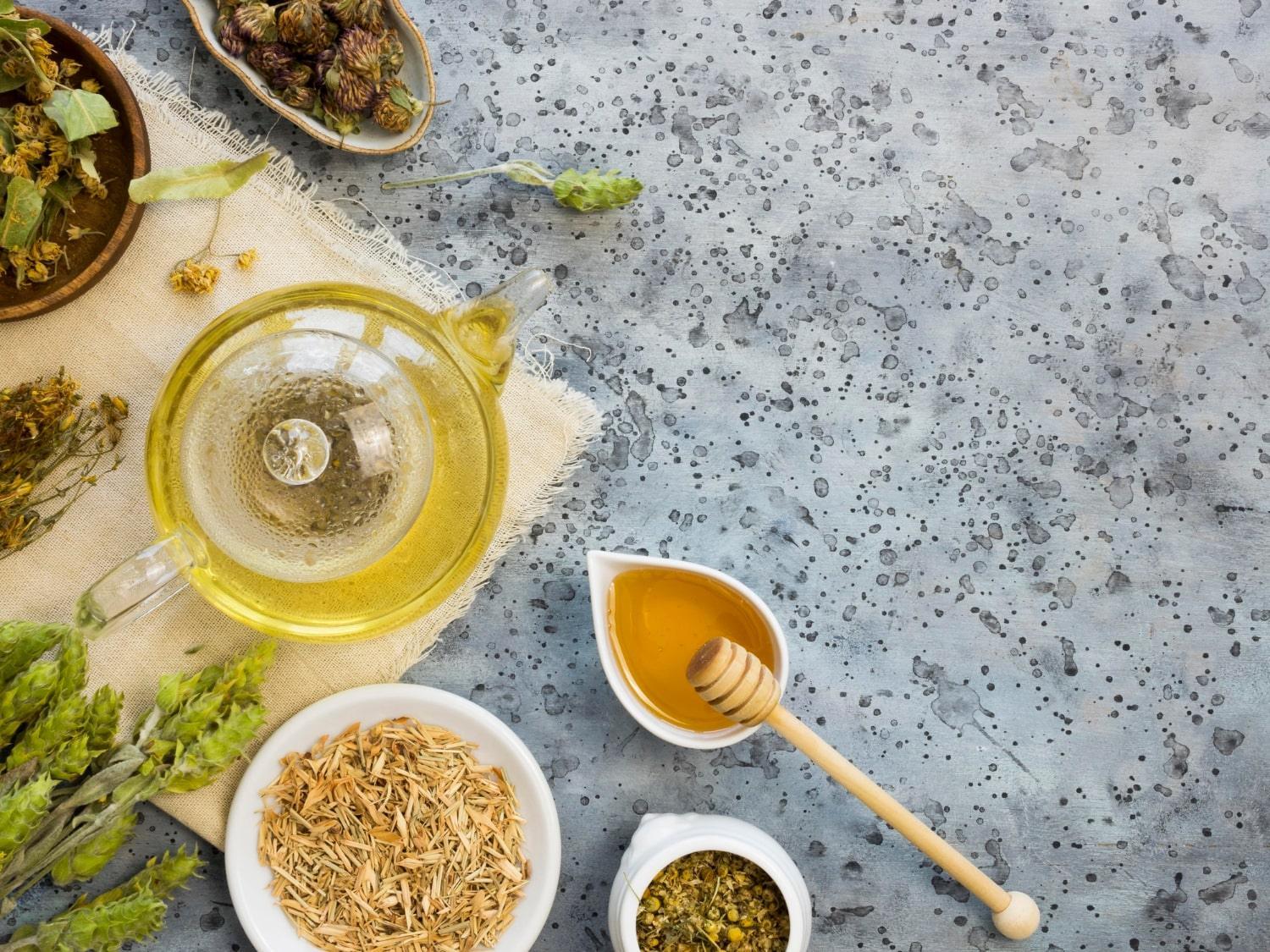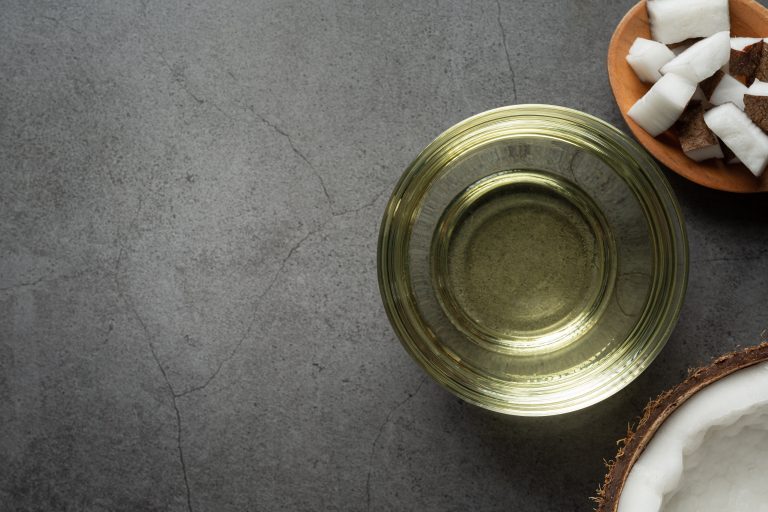Chronic inflammation diet can feel overwhelming, but it doesn’t have to be. You have the power to transform your health and your life through the foods you choose. Inflammation isn’t just a medical term; it’s a daily struggle for many. If you’ve been battling fatigue, joint pain, or digestive issues, understanding how food impacts your inflammation levels can be a game-changer.
Contents
- What is Chronic Inflammation and Why Does It Matter?
- 1. Fatty Fish: Omega-3 Warriors
- 2. Leafy Greens: Nutrient Powerhouses
- 3. Berries: Nature’s Sweet Antioxidants
- 4. Turmeric: The Golden Spice
- 5. Nuts: Tiny Yet Mighty
- 6. Olive Oil: Liquid Gold
- 7. Green Tea: Your Anti-Inflammatory Brew
- How to Incorporate These Foods into Your Diet
- The Importance of a Balanced Diet
- The Role of Lifestyle in Managing Inflammation
- Outbound Links for Further Reading
- Bottom Line
- FAQ
What is Chronic Inflammation and Why Does It Matter?
Chronic inflammation is your body’s prolonged response to harmful stimuli, like stress, poor diet, or environmental toxins. Unlike acute inflammation, which is a short-term response to injury or infection, chronic inflammation can linger, leading to serious health issues, including heart disease, diabetes, and autoimmune disorders. This matters because inflammation affects your overall quality of life. It can drain your energy, cloud your mind, and even disrupt your emotional well-being.
But here’s the good news: you can take control. The right foods can help reduce inflammation and support your body’s healing processes. Let’s dive into seven powerhouse foods that can help you reshape your chronic inflammation diet today.
1. Fatty Fish: Omega-3 Warriors
Fatty fish like salmon, mackerel, and sardines are rich in omega-3 fatty acids, which are known for their anti-inflammatory effects. Omega-3s reduce the production of inflammatory molecules in your body.
- Benefits:
- Lower risk of heart disease
- Improved brain function
- Alleviated joint pain
Make it a habit to include fatty fish in your meals at least twice a week. Try grilling, baking, or adding it to salads for a delicious boost.
2. Leafy Greens: Nutrient Powerhouses
When it comes to battling inflammation, leafy greens like spinach, kale, and Swiss chard are your best friends. These greens are packed with antioxidants, vitamins, and minerals that help fight the oxidative stress contributing to inflammation.
- Benefits:
- Rich in vitamin K, which helps reduce inflammatory markers
- High in fiber, promoting gut health
- Versatile in salads, smoothies, or as side dishes
Incorporate a handful of leafy greens into your daily meals. Whether it’s a morning smoothie or a vibrant salad, your body will thank you.
3. Berries: Nature’s Sweet Antioxidants
Berries, including blueberries, strawberries, and raspberries, are not just delicious; they are also rich in antioxidants like anthocyanins. These compounds help lower inflammation and protect your cells from damage.
- Benefits:
- Support heart health
- Aid in weight management
- Enhance brain function
Snack on fresh berries, blend them into smoothies, or add them to your morning oats for a flavorful, nutrient-rich treat.
4. Turmeric: The Golden Spice
Turmeric contains curcumin, a powerful anti-inflammatory compound that has been used for centuries in traditional medicine. It’s not just a spice; it’s a healing agent.
- Benefits:
- Reduces inflammation and pain
- Supports brain health
- Enhances immune function
Incorporate turmeric into your cooking, or consider a turmeric latte to enjoy its benefits in a soothing drink.
5. Nuts: Tiny Yet Mighty
Nuts, particularly walnuts and almonds, are packed with healthy fats, fiber, and protein. They offer a host of anti-inflammatory properties that can help manage inflammation levels in your body.
- Benefits:
- Lower cholesterol levels
- Support weight loss
- Promote heart health
Keep a small bag of nuts handy for snacks, or sprinkle them over your salads and yogurt for added crunch and nutrition.
6. Olive Oil: Liquid Gold
Extra virgin olive oil is a staple in Mediterranean diets and is known for its anti-inflammatory properties. It’s rich in healthy monounsaturated fats and antioxidants.
- Benefits:
- Supports heart health
- Improves skin health
- Aids in weight management
Use olive oil as a dressing for your salads or a drizzle over roasted vegetables. It’s a simple way to enhance flavor and health.
7. Green Tea: Your Anti-Inflammatory Brew
Green tea is more than just a beverage; it’s a powerhouse of antioxidants, particularly epigallocatechin gallate (EGCG), which has been shown to reduce inflammation.
- Benefits:
- Boosts metabolism
- Enhances brain function
- Supports cardiovascular health
Swap your morning coffee for a cup of green tea. It’s a soothing, health-promoting choice that can be enjoyed hot or cold.
How to Incorporate These Foods into Your Diet
Transforming your chronic inflammation diet doesn’t mean you have to overhaul your entire lifestyle overnight. Start small. Here are some practical tips:
- Meal Prep: Plan your meals around these anti-inflammatory foods. Batch cook grains, roast vegetables, and prepare proteins in advance.
- Experiment: Try new recipes that highlight these ingredients. From curries to salads, the options are endless.
- Stay Mindful: Listen to your body. Notice how different foods affect your energy and mood. Adjust accordingly.
The Importance of a Balanced Diet
While these seven foods can significantly impact your chronic inflammation diet, remember that balance is key. Focus on whole foods, limit processed items, and stay hydrated. Your body thrives on variety, so mix and match these ingredients to keep your meals exciting and nourishing.
The Role of Lifestyle in Managing Inflammation
Diet alone isn’t the whole picture. Your lifestyle choices play a crucial role in managing inflammation. Consider incorporating:
- Regular Exercise: Physical activity helps reduce inflammation and boosts your mood. Aim for at least 30 minutes most days.
- Stress Management: Practices like yoga, meditation, or even simple breathing exercises can help lower stress, which is a significant contributor to inflammation.
- Quality Sleep: Prioritize good sleep hygiene. Aim for 7-9 hours of restful sleep each night for optimal recovery and health.
Outbound Links for Further Reading
For more insights into managing inflammation, check out these reputable sources:
- Harvard Health: The Anti-Inflammatory Diet
- Mayo Clinic: Chronic Inflammation
- National Institute of Health: Inflammation and Health
Bottom Line
Transforming your chronic inflammation diet is not just about what you eat; it’s about embracing a lifestyle that nurtures your body and soul. Start small, be consistent, and celebrate your progress. Your journey to better health begins with one delicious bite at a time.
Feeling inspired to make a change? Start incorporating these powerful foods into your meals today. Your body will thank you, and you’ll feel the difference in no time! You’ve got this!
FAQ
1. How quickly can I see results from changing my diet?
Results can vary, but many people notice improvements in energy levels and symptoms within a few weeks of adopting an anti-inflammatory diet.
2. Are there any foods I should avoid?
Yes, it’s wise to limit processed foods, refined sugars, and trans fats, as these can exacerbate inflammation.
3. Can I still enjoy treats while following an anti-inflammatory diet?
Absolutely! Just aim for moderation. Consider healthier alternatives, like dark chocolate or fruit-based desserts.
Embark on your journey to a healthier you with these simple yet effective dietary changes. Your body deserves it!
Get Your FREE Natural Health Guide!
Subscribe now and receive our exclusive ebook packed with natural health tips, practical wellness advice, and easy lifestyle changes, delivered straight to your inbox.





